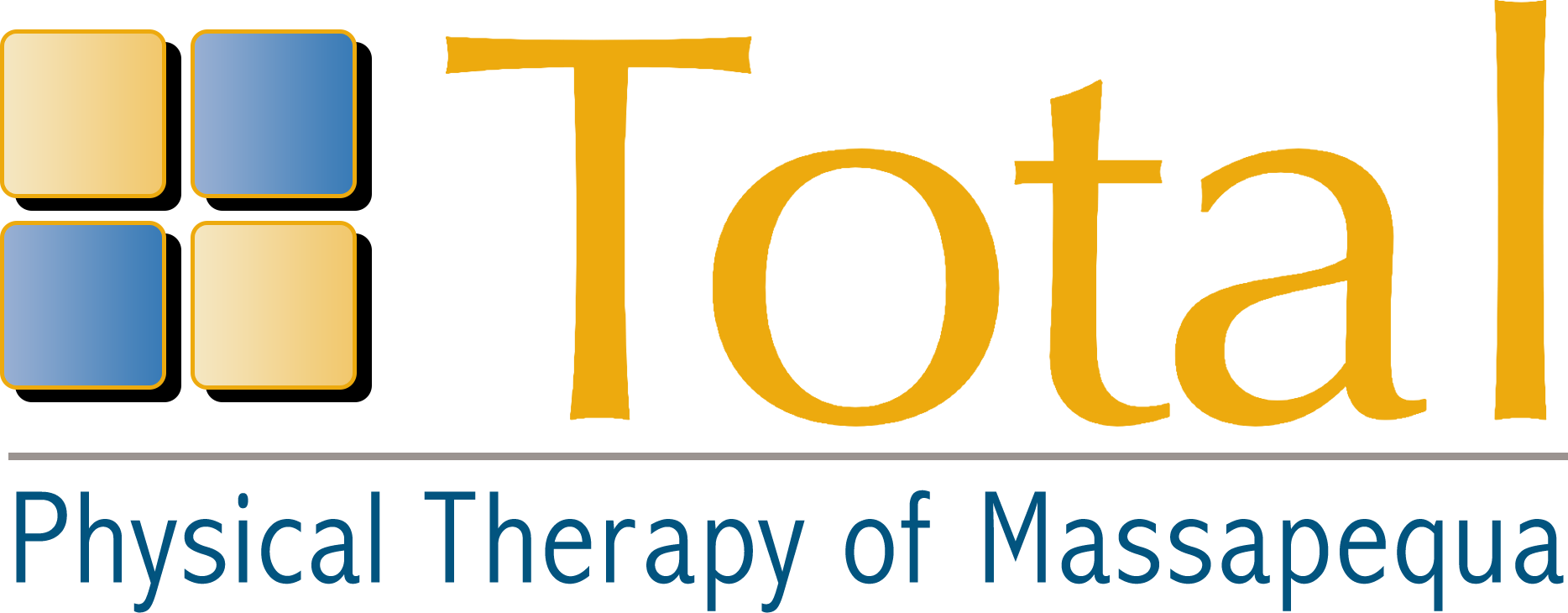
There are many different neurological disorders, but two of the most common are Parkinson’s disease and Stroke. Suffering from a neurological disorder can have serious consequences and dramatically affect your quality of life. Fortunately, there are treatments that can help. Physical therapy is one treatment that is often recommended to people with neurological disorders and forms an integral part of their recovery and rehabilitation journey.
Parkinson’s disease
Parkinson’s disease is a progressive disorder of the nervous system that primarily affects movement. It occurs when cells in a part of the brain called the substantia nigra become damaged over time. This causes a reduction in a chemical called dopamine in the brain. Since dopamine is essential for regulating the movement of the body, this reduction affects the control that the patient has over their movement.
There are three key movement-based symptoms of Parkinson’s disease. These are:
- Involuntary tremors
- Slow movement
- Stiff and inflexible muscles
These are often accompanied by other issues such as problems with balance, loss of smell, memory problems, insomnia, and depression. It’s not known exactly why some people develop Parkinson’s disease and others don’t, but studies show that it is more common after the age of 50.
Stroke
A stroke is a serious medical emergency that occurs when the blood supply to part of the brain is cut off. This can cause irreparable damage and even death if urgent treatment isn’t provided. In most cases, a stroke is caused by a blood clot stopping blood flow to the brain. However, in some cases, a weakened blood vessel supplying the brain can burst, or the blood supply to the brain is temporarily interrupted. The latter is known as a mini-stroke, but all should be treated with the same severity.
Symptoms of a stroke include:
Slurred or garbled speech
Difficulty understanding what is being said
Being unable to lift both arms
Weakness or numbness in one arm
Face drooping on one side
Inability to smile
There are certain lifestyle factors that make someone more likely to suffer from a stroke. They include being overweight, having high cholesterol, having high blood pressure, suffering from diabetes, and having an irregular heartbeat.
Many people who have experienced a stroke are left with long-term consequences caused by the damage to their brain. In many instances, these consequences relate to movement, and they can severely limit the quality of life of the patient. For example, a stroke patient may need help with tasks such as washing themselves, getting dressed, or making food.
How physical therapy can help with neurological conditions
Physical therapy is designed to help people restore and improve their movement. While it’s most commonly associated with recovery after a sports injury, the same principles of the treatment are just as beneficial when it comes to managing a chronic condition, such as a neurological disorder.
Your physical therapist will tailor your treatment plan specifically to your individual needs. This ensures that the focus is where you need it most. For example, if you have suffered from a stroke, it may have affected the way that you walk. Physical therapy can help to strengthen the muscles in your legs and readdress the way that you move, enabling you to walk more easily. Physical therapy can also help to reduce pain, increase range of motion and flexibility, as well as balance and coordination.
How many sessions you will need, and their frequency will depend on your condition and how you respond to treatment. Many patients have ongoing physical therapy to help them achieve the maximum improvement in their condition and maintain it. Your physical therapist will be happy to talk to you about what you can expect from your treatment program and answer the questions that you will undoubtedly have.
For more information about neurological disorders and physical therapy, or to schedule an appointment with our experienced and knowledgeable team, contact Total Physical Therapy of Massapequa in North Massapequa, New York at (516) 217-2189.








